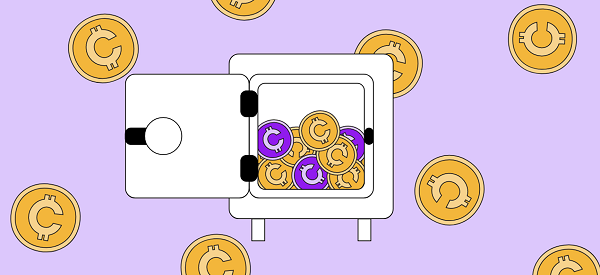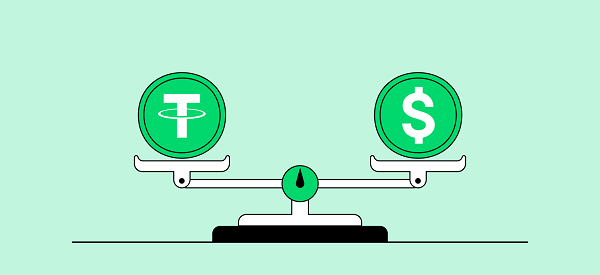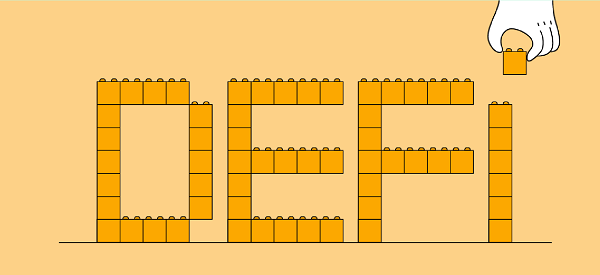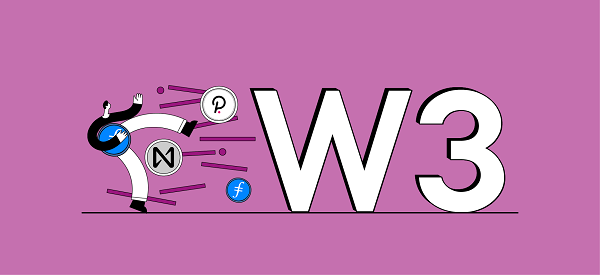Beginner Series
What Is the Digital Economy? An Overview of the Crypto Ecosystem

Cryptocurrency is changing the digital economy in ways that were once considered science fiction. More than incredible technology, the crypto ecosystem is making the financial world and the opportunities that come with it accessible to everyone across the globe.
The best way to understand how the digital economy is set to change the world is to explore its most important parts, from stablecoins to NFT gaming. Let’s start with the coin that kicked off this crypto revolution.

1. Store of value
Bitcoin’s creator, Satoshi Nakamoto, specifically designed bitcoin to mimic gold’s store of value properties. With growing acceptance as ‘digital gold’ among both institutions and individuals, bitcoin is now seen as a store of value. There are sovereign wealth funds, pension funds, and many individuals investing in bitcoin to protect against inflation and preserve their wealth over the long term.
What actually is a store of value? A store of value is a currency, commodity or asset that holds its value or appreciates over a long period of time. Notably, bitcoin is considered a store of value not only within the crypto space, but in traditional finance as well.
Want to learn more? Read our article on stores of values.

2. Stablecoins
Stablecoins are cryptocurrencies that have their value pegged to a fiat currency, such as the US dollar. The difference between a US dollar stablecoin and an actual US dollar is that you can send stablecoins across different blockchains. For example, you can send Tether (USDT) or USD Coin (USDC) across both the Ethereum and Solana networks.
While it’s clear that stablecoins are popular among crypto traders, used as both a safe haven asset and unit of account, stablecoins are financial primitives that are critical to the future of DeFi and the entire digital economy.
Want to learn more? Read our article on stablecoins.

3. Smart contract platforms (Layer-1s)
Smart contract platforms serve as the foundation of the crypto economy beyond bitcoin, making everything else possible — including DeFi, NFTs, stablecoins and web3. They provide the security, decentralisation and interoperability that lets a multitude of permissionless networks interact and build on top of each other. While bitcoin lets us send money over the internet, layer 1s let us do everything else.
Popular layer-1 protocols include:
Want to learn more? Read our article on smart contracts.

4. Decentralised Finance (DeFi)
Decentralised finance can do the same things as traditional finance, such as making loans and exchanging assets, except DeFi doesn’t rely on a trusted middleman to facilitate the transactions. Removing the traditional banking intermediaries, DeFi is much more efficient and accessible to people across the globe.
Leading DeFi protocols include:
Want to learn more? Read our article on DeFi.

5. Oracles
Oracles play a key role in the crypto ecosystem; they connect digital networks to the real world. For example, an oracle can collect information from the physical world, such as weather data, stock prices, or election results. Then, smart contracts can use that data in a DeFi transaction.
Oracles are so important because they collect their information in a secure and decentralised manner. That means you don’t have to trust a single website for information that could be manipulated. With trustworthy real-world data, institutions can have the confidence to make transactions worth hundreds of millions of dollars on a DeFi protocol.
These are some of the most trusted oracles in the digital economy:
Want to learn more? Read our article on Oracles.

6. Web3
Web3 is the convergence of the internet and crypto. Critically, web3 is much more than bringing a native internet money online. Web3 creates a decentralised platform that has no gatekeepers, no single point of failure, and far superior data protection. While corporations controlled everything on the internet in web2, individuals will control their own data and content in web3.
Three of the most exciting crypto infrastructure projects bringing web3 forward are:
Want to learn more? Read our article on web3.

7. NFT games
NFT games bring some fun to the crypto community. More importantly, they improve the experience for gamers. Instead of the game creator owning everything, users can own in-game items and sell them for real money. Moreover, with growing virtual worlds, some games like Decentraland are making the idea of the metaverse a reality.
Some of the most popular NFT games in 2021 are:
Want to learn more? Read our article on NFT games.
The future of the digital economy
Many of the cryptocurrencies mentioned above didn’t exist when Cointree was founded in 2013. The innovation has been incredible thus far and is set to become even more impressive. The more that the digital economy grows, the more these seven sectors will integrate with each other and improve the overall experience. While there has already been so much accomplished in the crypto space, many still consider it early days.


